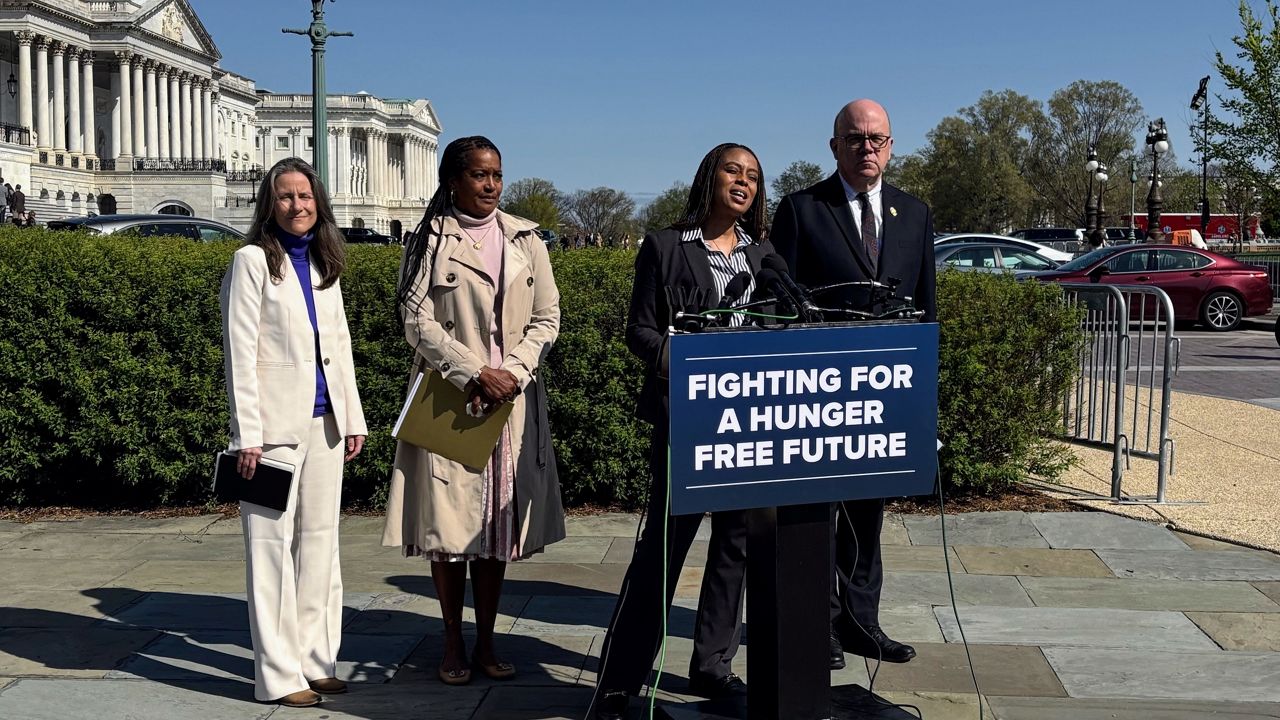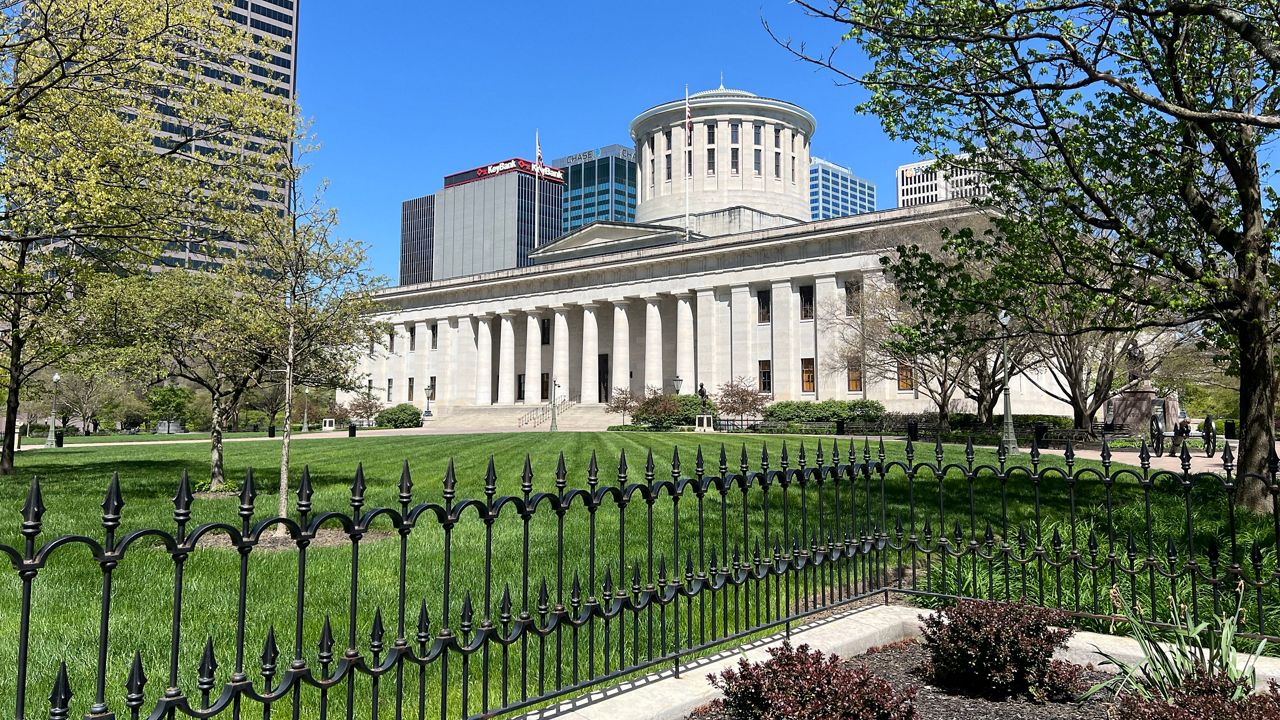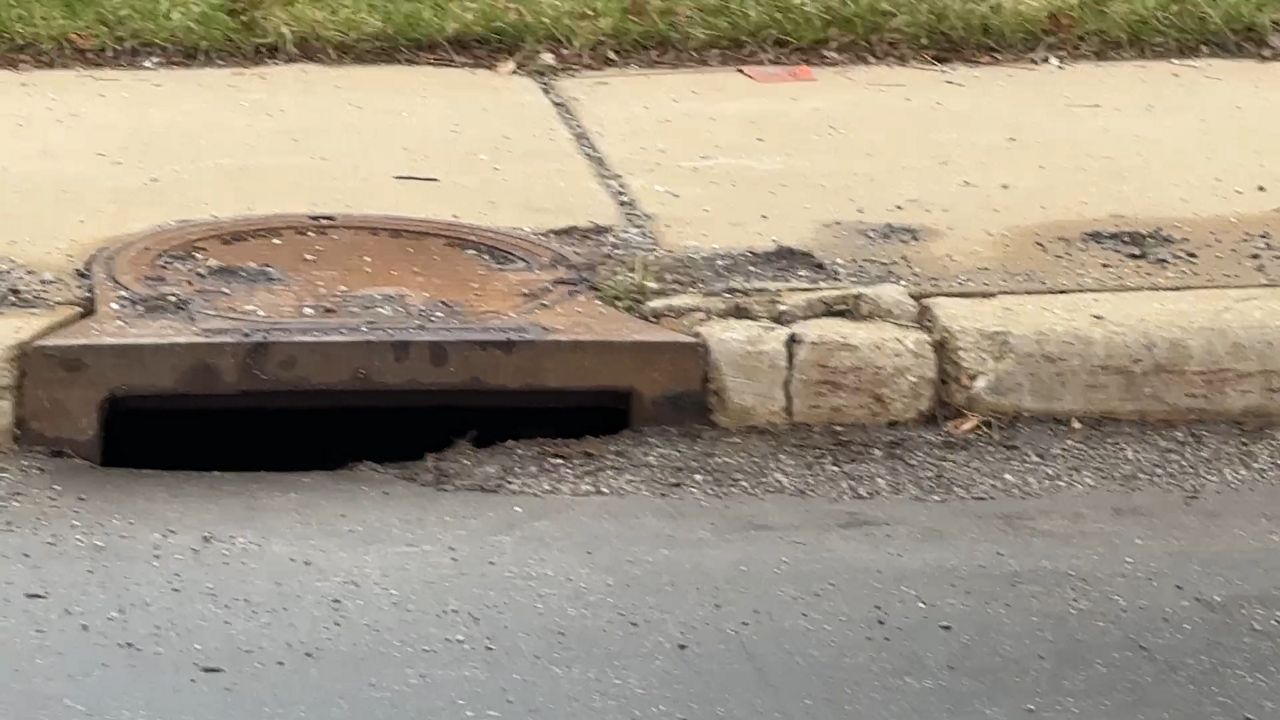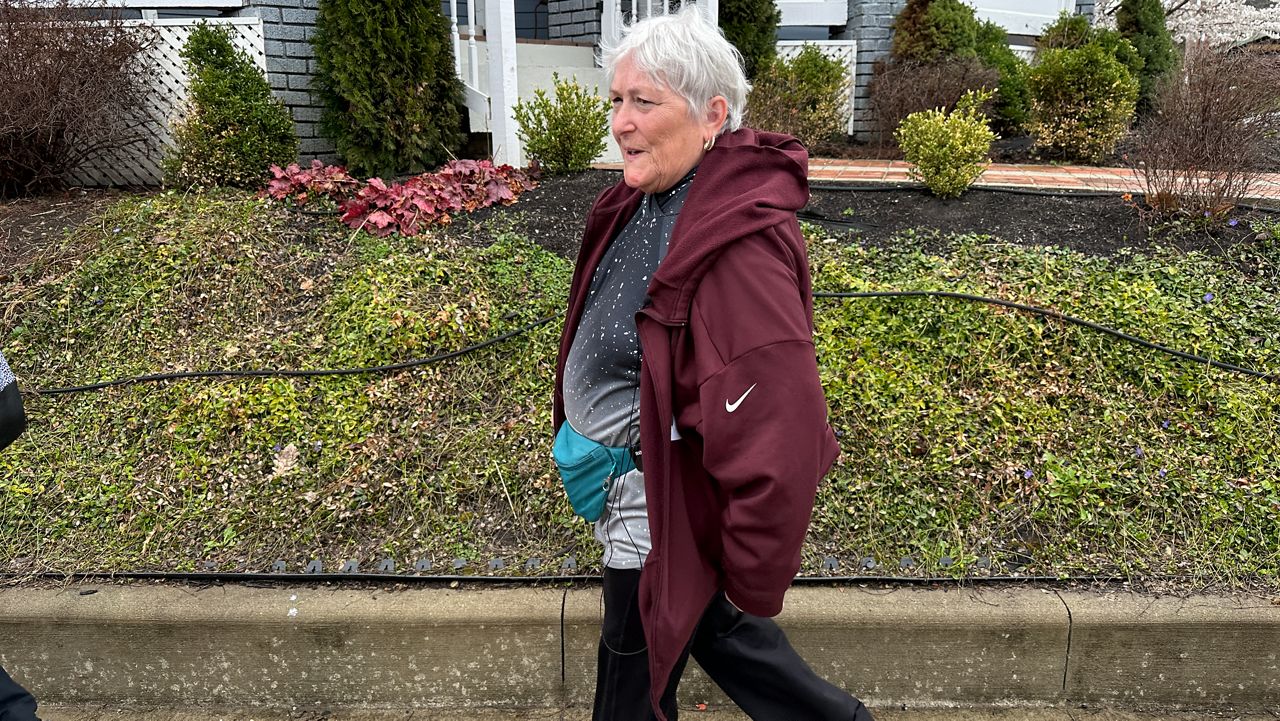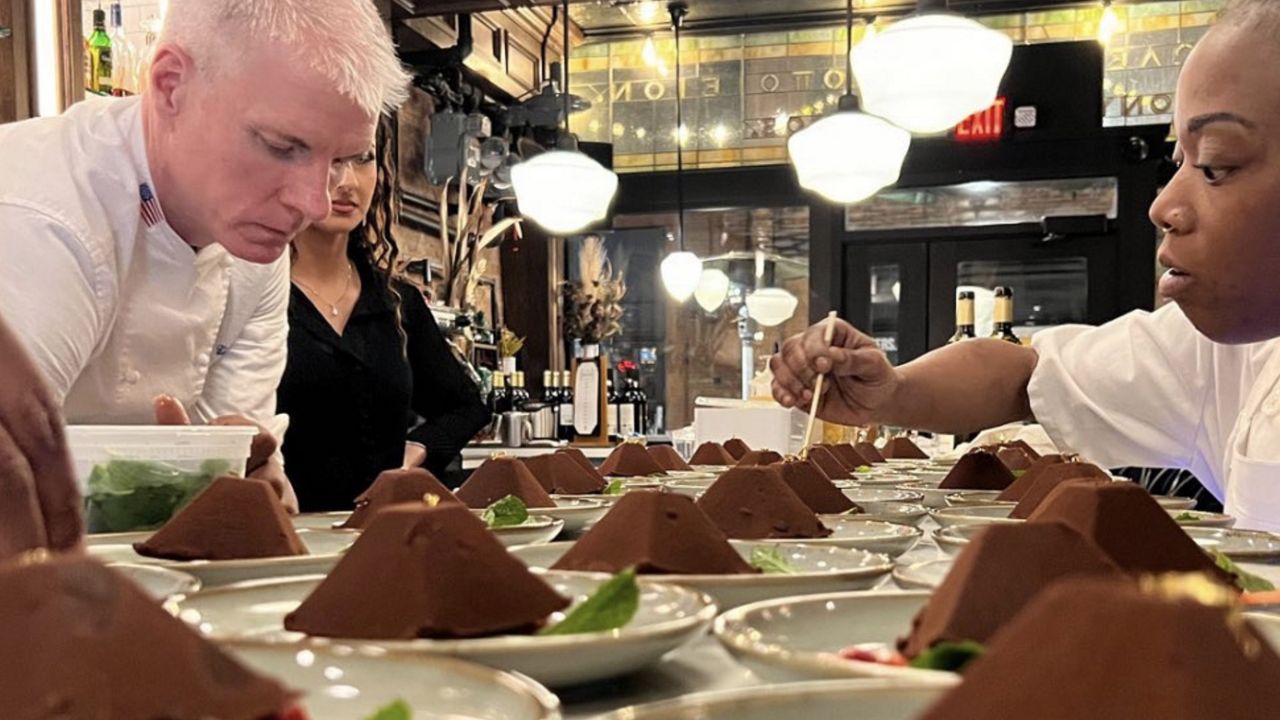CINCINNATI — Millions suffer from painkiller addictions making it a national crisis, but Ohio doctors and researchers are studying ways to prevent the problem before it starts.
They’re studying how to reduce reliance on painkillers after surgery.
Tina Walter knew something was wrong.
“I was getting in the shower and looked in the mirror and I could see the lump,” said Walter.
What she didn’t know was how she’d recover from the cancer she found in her breast.
“You worry, it’s very emotional,” said Walter.
She was diagnosed with the illness, went in for a major surgery and came out not hurting at all.
“I had a mastectomy and thankfully after that, what medications they gave me, I didn’t have to have any opioids,” said Walter. “To have that kind of surgery and have no pain afterwards was a godsend, it’s a blessing.”
She credits a University of Cincinnati Health study that she was a part of. The study is one where doctors and researchers are trying to identify how certain FDA approved pain medicines really work after surgery.
“One of the medications is called Exparel and then the other one is Bupivacaine,” said UC Health Breast Surgeon Dr. Alicia Heelan, “We’re performing a block during the surgery of certain nerves to help decrease the pain after the surgery and then we’re following the patients to understand which population has better pain control and how that affects their overall outcome and experience.”
Heelan teamed up with UC Associate Anesthesiology, Professor Bradley Budde. They started working on the study to try to prevent long-term use or addiction to pain medicines.
“What we’re studying here can help get the patients through that more intense acute pain with a lot better pain control, but without having to use those opioids because the study studies to tell you that the more you’re using opioids right after surgery is, the more you’re likely to need them down the road and how people then can be on them for weeks to months,” said Budde.
They say they are just in the beginning phases but plan to do the study over several years with dozens of patients like Walter who hope to stay cancer free without the pain medicine.
“Everybody was like, ‘Oh my God, you look so good,’ and my answer was, ‘I’m not in any pain,’” said Walter.







